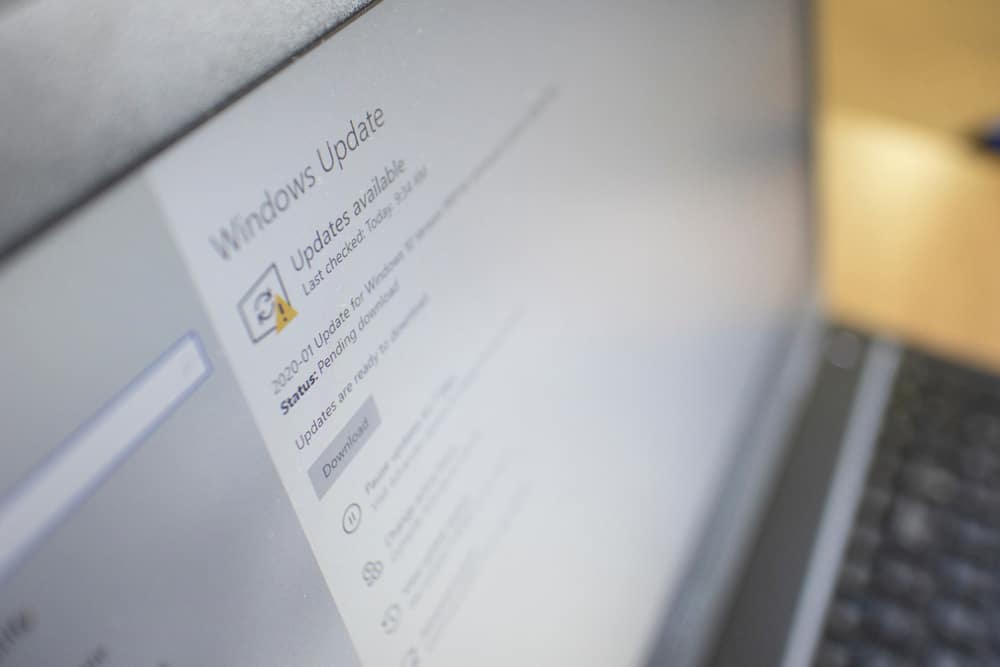Information security
fromTechzine Global
6 hours agoCisco details further vulnerabilities in Catalyst SD-WAN Manager
Cisco disclosed five vulnerabilities in Catalyst SD-WAN Manager with CVSS scores ranging from medium to critical, two actively exploited, requiring immediate patching with no workarounds available.












